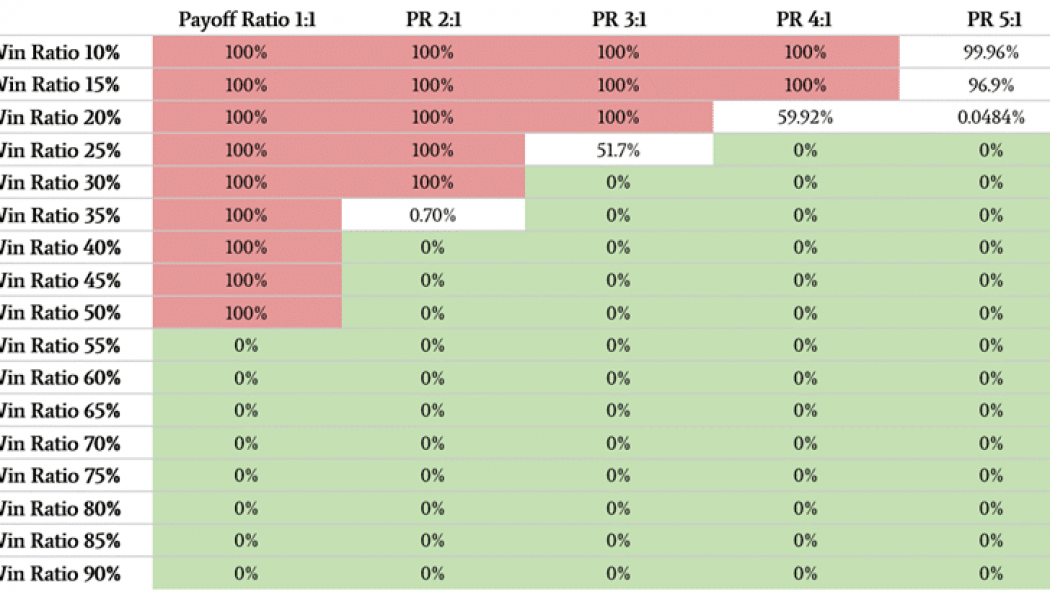Right now, a lot of people around the world are looking for new ways to invest. Market upheaval around the world has shaken confidence in traditional stocks, and as some alternative markets have shown resilience, there’s some understandable curiosity about how to invest more creatively.
For some, this has translated to more interest in cryptocurrency. We mentioned when discussing ‘The Value of Digital Currency During the Age of COVID-19’ that some are now looking to fund their businesses with digital assets. And the same is true of portfolios. Bitcoin and its fellow cryptocurrencies have performed fairly well in this difficult time, prompting some investors to go ahead and give them a shot.
That said, cryptocurrency is still a fairly bold option for a lot of people. They may be appealing right now, but many would still rather study them a little longer before buying in. And for those who aren’t ready to take the crypto plunge, but have also lost confidence in the stock markets, the forex trade is another option that can be an attractive alternative.
The currency trade is always active, and while individual currencies can certainly see their values drop as a result of financial crises, the market as a whole tends to remain tradable. Furthermore, it’s easy to access, and its global nature can be reassuring to some investors in a time of crisis; there’s less of a sense that a single nation’s performance, or the woes of a given industry, will broadly affect investments.
As appealing as forex might be though, it’s still a unique market and one that needs to be learned before it can be traded. And the first step to figuring forex out is gaining an understanding of some of the terms that drive the market. So, for those seeking new ways to invest and considering the currency trade, we’re going over six such terms below:
Leverage – Leverage can be used in other markets as well, but it tends to be recognised as an aspect of the forex market — and a fairly polarising one at that. CNBC described forex leverage as “borrowed funds that are used to amplify potential returns but can also exacerbate potential losses,” and that accurately conveys the pros and cons. Basically, with leveraged trading, you can make trades with substantial sums of money while depositing only a fraction of that money. This gives traders the chance to make significantly more money when trades go well, but it can also result in problematic losses if things go poorly.
Currency Pairs – Currency pairs are essential to forex trading. When you actually make a trade, you’re not so much exchanging currencies as buying or selling the value of one relative to another. So, buying EUR/USD means supporting the Euro’s value against the U.S. dollar, and so on. Forex’s “Major” pairs all feature the U.S. dollar, though more broadly most of the popular pairs feature the powerful world currencies you might expect: the Euro, the British pound, the Japanese yen, and so on. Increasingly, the Chinese yuan — which Bloomberg cites as a newly influential currency — is also a factor in high-volume trading.
Bid (& Ask) – When you’re buying or selling a forex pair, you may see it listed with two slightly different prices. This small difference is sometimes described as the cost of trading. Basically, a buyer pays the marginally higher price (the “ask” price), and a seller receives the slightly lower price (the “bid” price). This is worth knowing merely so that you understand why there might be two prices listed, but it’s also an indicator, which we’ll discuss with regard to our next term.
Spread – The spread in a forex pair is simply the difference between the bid price and ask price. Spreads are worth recognising specifically though because typically, a forex pair listed with a smaller spread has greater liquidity, and is being traded at a higher volume. The reverse is true of pairs listed with larger spreads.
Pip – A pip is a small-value decimal point that is used to illustrate small changes in the value of a currency pair. For some currencies, a pip is represented by the second decimal place (0.01); for others, and most major pairs, it is represented by the fourth decimal place (0.0001). As for why it’s necessary to label these fractions of value, it is generally high-volume trading that pips are so helpful with, according to a post on ‘What is a Pip? by FXCM. Basically, the article points out, forex can be traded in very large volumes, which means that even tiny changes in value can make a significant difference. Thus, it’s become ordinary to track price changes right down to the pips, and even to describe fluctuations in terms of pips.
Lot – A lot is simply a term for how much of a given currency pair you wish to trade at one time. However, there are some specifics attached to the term. Strictly speaking, a “lot” is meant to refer to 100,000 units of a currency pair (again, forex is often traded at very high volumes). A mini-lot, meanwhile, refers to 10,000 units; a micro-lot to 1,000; and now there are even nano-lots, consisting of just 100 units of a currency pair.
These terms alone won’t necessarily have you ready to start making forex trades. But if you, like so many others, are looking for an alternative market, this can start your education process for one of the busiest markets in the world. These terms are essential as you begin to form your understanding of forex trading.
Staff writer











